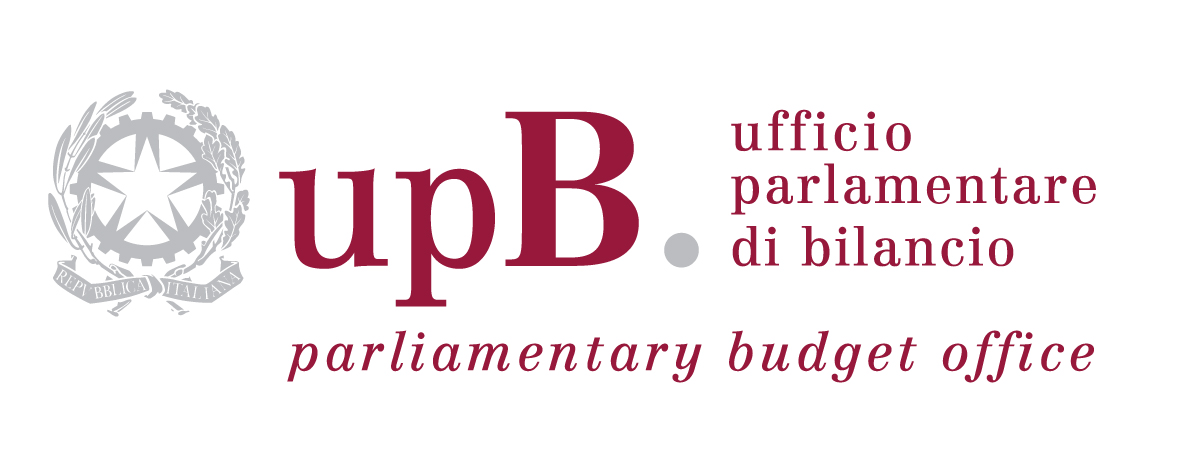6 December 2023 | The Parliamentary Budget Office (PBO) has transmitted to the 4th (European Union Policies) and 5th (Economic Planning, the Budget) Committees of the Senate of the Italian Republic, a Memorandum on the implementation of the National Recovery and Resilience Plan (NRRP) as requested by the same Committees.
The analysis conducted by the PBO provides information on the state of implementation of the NRRP as approved at the European level on 13 July 2021, as well as initial and limited information on the modified version of the Plan approved by the European Commission on 24 November and awaiting the European Council’s decision in the coming days.
The objectively complex assessment of the state of implementation of the NRRP relied on data available in ReGiS as of 26 November, supplemented with external information, such as that of the Italian National Anti-Corruption Authority (ANAC).
In particular, the PBO’s in-depth analysis synthesises the data reported in the “Cruscotto informativo” (information panel) section of ReGiS and provides an overview of the implementation progress of the NRRP with respect to the projects financed in the territory, giving an account of the speed and effectiveness with which the implementing bodies have acted in the Regions and macro-areas of the Country. In this context, it appears that resources have been allocated to projects at a not dissimilar speed between the North, the Centre and the South, although in the South the distribution over territories has been less uniform.
The differences between regions and between macro-areas become more marked if we consider the share of completed projects and the ability to tender and entrust works for their implementation. The start of the tenders was delayed throughout the country but in particular in the South. On the basis of the data analysed it can be concluded that the delays are not due to the phenomenon of deserted tenders (without participants), which remains marginal.
The analysis points to the critical situation caused by the high number of small projects with private or mixed implementing entities scattered over the territory, which probably have little experience in managing tenders. Another result regards rebates on the auction base which were on average significant, in the order of 15 per cent, although lower than the average rebates recorded in public tenders.
The in-depth study conducted by the PBO, which outlines the existing situation to which the recent changes to the NRRP apply, is also devoted to providing preliminary information on the revision of the Plan approved by the European Commission last 24 November. This revision regards the measures (reforms and investments), the financial implications, the timeline of milestones and targets (M&T) to be achieved in order for Italy to receive resources as from 2024. More in-depth analyses will be made available as soon as further details emerge.
Based on the information available to date, it appears that the changes approved by the European Commission do not fully coincide with those proposed by the Italian Government last summer: for example, defunding of approximately EUR 16 billion was envisaged, compared to the current EUR 8.3 billion, and the resources for the RePowerEU chapter amounted to approximately EUR 19 billion compared to the current EUR 11.2 billion. The changes to the individual investments resulted in a reallocation of funding both within the individual Mission and between the Missions. The financing of RePowerEU chapter was achieved – other than by using the new funds amounting to EUR 2.9 billion – by drawing resources from all Missions with the exception of the first and sixth.
Thus, both the targets to be achieved and the amounts of the instalments in which the resources will be disbursed from 2024 have been postponed. The reshaping of the Plan and of the instalment time profile could lead to the need for greater recourse to the market unless there are compensating reductions in expenditure in other items of the State budget.
